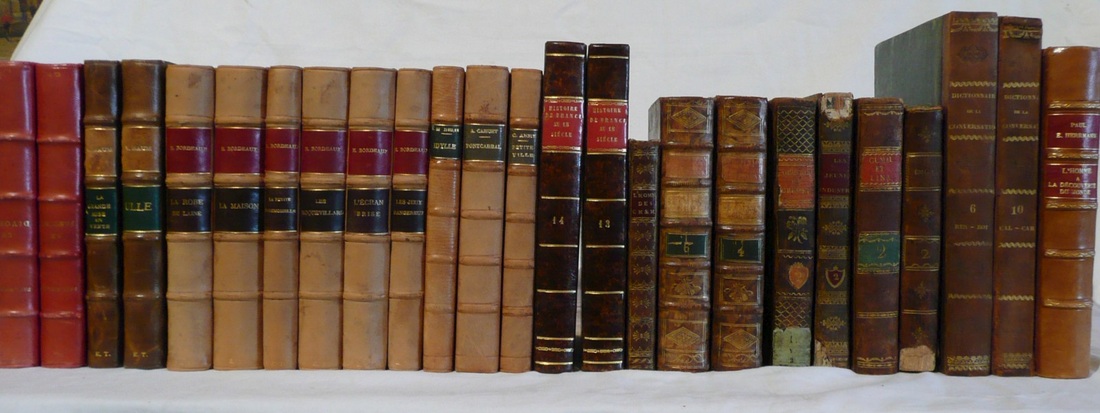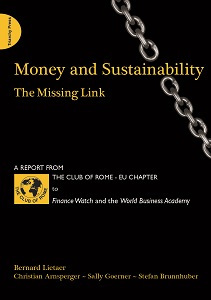Fiat Currencies
"Once upon a time, in a small village in the Outback, people used barter for all their transactions. On every market day, people walked around with chickens, eggs, hams, and breads, and engaged in prolonged negotiations among themselves to exchange what they needed. At key periods of the year, such as during harvests or when someone’s barn required big repairs after a storm, people recalled the tradition of helping each other out, brought from the old country. They knew that if they had a problem someday, others would help them in return. One market day, a stranger with shiny black shoes and an elegant white hat came by and observed the whole process with a sardonic smile. When he saw one farmer running around to corral the six chickens he wanted to exchange for a big ham, he could not refrain from laughing. “Poor people”, he said, “so primitive”. The farmer’s wife overheard him and challenged the stranger, “Do you think you can do a better job handling chickens?” “Chickens, no”, responded the stranger, “But there is a much better way to eliminate all that hassle. “Oh yes, how so?” asked the woman. “See that tree there?” the stranger replied. “Well, I will go wait there for one of you to bring me one large cowhide. Then have every family visit me. I’ll explain the better way.” And so it happened. He took the cowhide, and cut perfect leather rounds in it, and put an elaborate and graceful little stamp on each round. Then he gave to each family 10 rounds, and explained that each represented the value of one chicken. “Now you can trade and bargain with the rounds instead of the unwieldy chickens”, he explained. It made sense. Everybody was impressed with the man with the shiny shoes and inspiring hat. “Oh, by the way”, he added after every family had received their 10 rounds, “in a year’s time, I will come back and sit under that same tree. I want you to each bring me back 11 rounds. That 11th round is a token of appreciation for the technological improvement I just made possible in your lives.” “But where will the 11th round come from?” asked the farmer with the six chickens. “You’ll see”, said the man with a reassuring smile. *** Assuming that the population and its annual production remain exactly the same during that next year, what do you think had to happen? Remember, that 11th round was never created. In the end, one of the 11 families will lose its 10 rounds to provide the 11th round to the 10 others. This will occur even if everyone manages his or her affairs well. So when a storm threatened the crop of one of the families, people became less generous with their time in helping to bring it in before disaster struck. While it was much more convenient to exchange the rounds instead of the chickens on market days, the new game also had the unintended side effect of actively discouraging the spontaneous cooperation that traditionally existed in the village. Instead, the new money game generated a systemic undertow of competition among all the participants."
|
Explore |


